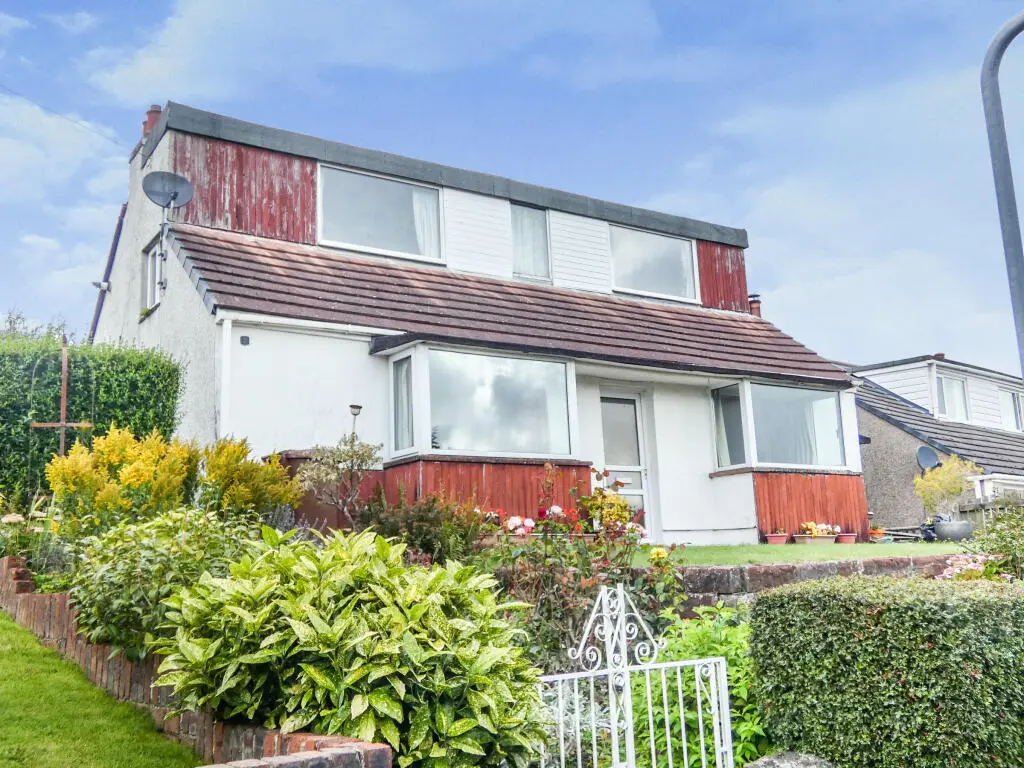Selling your home under the hammer can be an exciting yet daunting process. Unlike traditional sales methods, auctions offer a unique opportunity to sell your property quickly and, in some cases, for a higher price. However, to maximize your chances of success, it’s crucial to make your home auction-ready. This article will guide you through the steps necessary to prepare your property for a successful auction sale.
Understanding the Auction Process
Before diving into preparations, it’s important to understand how the auction process works. Auctions typically involve a public bidding event where buyers compete to purchase properties. A successful auction culminates in the highest bid being accepted, often requiring the buyer to make a deposit immediately. Unlike conventional sales, auctions usually have a set timeframe, which can make the selling process quicker but also more stressful.

1. Choose the Right Auctioneer
Selecting a reputable auctioneer is one of the most important steps in preparing for an auction. Look for an auctioneer who specializes in your type of property and has a proven track record in your local market. Research potential auctioneers, read reviews, and ask for recommendations from friends or real estate professionals. A good auctioneer will not only help set the right starting bid but also market your property effectively to attract potential buyers.
2. Set the Right Reserve Price
The reserve price is the minimum amount you’re willing to accept for your property. Setting this price is crucial; if the bidding does not reach the reserve, the property may not sell. To determine the right reserve price, consider the current market conditions, comparable sales in your area, and the condition of your home. Your auctioneer can provide valuable insights into setting a competitive reserve that reflects your property’s true value.
3. Market Your Property Effectively
Marketing is essential to attract potential buyers to your auction. Create an appealing listing that highlights your home’s key features, such as its location, size, and unique attributes. High-quality photographs are vital, as they will form the first impression for prospective buyers. Consider hiring a professional photographer or using a drone to capture stunning aerial shots of your property and its surroundings.
In addition to traditional marketing methods, leverage online platforms and social media to reach a wider audience. Many potential buyers start their property search online, so having a strong online presence can significantly enhance your chances of a successful sale. Consider creating a dedicated website or using social media ads to promote your auction event.
4. Stage Your Home
Home staging involves arranging furniture and decor to make your property look its best during the auction. A well-staged home can help buyers visualize themselves living in the space and can lead to higher bids. Here are some tips for effective staging:
- Declutter: Remove personal items and excess furniture to create a sense of space.
- Clean Thoroughly: Ensure that your home is spotless. This includes deep cleaning carpets, windows, and surfaces.
- Enhance Curb Appeal: The exterior of your home is the first thing buyers will see, so invest time in landscaping, painting, or minor repairs to boost curb appeal.
- Create Inviting Spaces: Use neutral colors and tasteful decor to make each room feel welcoming and spacious.
Consider hiring a professional stager if you’re unsure how to present your home effectively.
5. Conduct Necessary Repairs and Improvements
Before the auction, address any significant repairs or maintenance issues. A home in good condition will attract more buyers and can command a higher price. Focus on the following areas:
- Structural Issues: Fix any cracks in the walls, roof leaks, or foundation problems.
- Systems: Ensure plumbing, electrical, and heating systems are functioning correctly.
- Aesthetic Improvements: Simple improvements like a fresh coat of paint, new light fixtures, or updated kitchen hardware can make a significant impact.
If budget allows, consider investing in upgrades that can yield a high return on investment, such as kitchen or bathroom remodels.
6. Gather Necessary Documentation
Preparing your home for auction involves more than just physical improvements; you also need to organize documentation that potential buyers may want to review. Essential documents include:
- Property Title: Ensure that you have clear title documents ready to show buyers.
- Surveys and Inspections: Provide any recent surveys or inspections to give buyers confidence in the property’s condition.
- Home Warranty Information: If applicable, include details of any home warranties that may transfer with the sale.
Having all this information readily available can speed up the process and reassure buyers of the property’s value.
7. Prepare for the Auction Day
As the auction date approaches, it’s important to be organized and prepared. Here are some tips to help you on auction day:
- Be Present: If possible, attend the auction yourself. This shows potential buyers that you are serious about selling and can create a positive impression.
- Stay Calm and Confident: Auctions can be fast-paced and intense. Stay calm, trust your auctioneer, and remember your goals.
- Set a Strategy: Discuss bidding strategies with your auctioneer before the event. Know your limits and stick to them to avoid emotional decisions.
8. Post-Auction Considerations
If your home sells at auction, be prepared for the next steps. The buyer will usually pay a deposit on the day of the auction and then finalize the sale within a predetermined timeframe. Ensure that you have legal representation to assist with the transfer of ownership and any negotiations that may arise.
If the auction doesn’t result in a sale, don’t be discouraged. Reassess your strategy, consider feedback from your auctioneer, and make necessary adjustments before attempting to sell again, either through another auction or traditional methods.
Conclusion
Selling your home under the hammer can be a rewarding experience if you take the time to prepare properly. By choosing the right auctioneer, setting a competitive reserve price, staging your home effectively, and being organized on auction day, you can increase your chances of a successful sale. Remember that auctions are not just about the final price; they’re also about creating a compelling narrative around your property that attracts potential buyers. With the right preparation, you can confidently make your home auction-ready and potentially achieve the sale you desire.






